
Make them go away—the green way
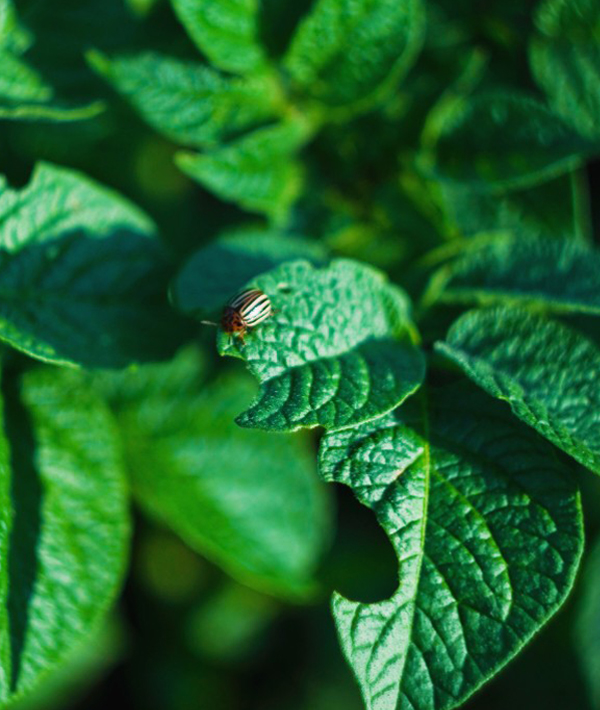
Because commercial pesticides can be hazardous to your health and are known to cause a host of environmental problems, some people opt for natural ways to eliminate common pests from their home and garden. Keep in mind, though, that natural doesn't necessarily mean safe for everyone. If you have small children, pets or individuals with allergies, consult with your medical professional and do your research before using these methods.
Rosemary

Rosemary repels a variety of insects, especially wasps. Hang bouquets of rosemary near nesting sites—under eaves, in play equipment, garages and sheds—to discourage nest building. Even better, rosemary is easy to grow yourself (and use in a variety of dishes) and can deter pests from disturbing other nearby plants.
Basil

Flies apparently hate the smell of basil, so putting small pots of this useful herb on windowsills and on your kitchen counter can keep this annoying insects at bay. Planting them in your garden near your tomato plants can also help keep tomato bugs, white flies and aphids away from eating your prized heirlooms.
Citrus

Citrus, particularly lemon, repels spiders by irritating the sensors that they have in their front legs. Make your own spider repellant by filling a 1-quart spray bottle with water and adding 1 tablespoon of lemon essential oil ( make sure to use a natural essential oil, not synthetic.) Shake to mix, and spray around doorways and windowsills. You can also discourage spiders in your garden by spreading a few lemon, orange, or lime peels amongst your plants. Bonus: This spray can also help keep fleas under control, too.
Vinegar

Vinegar is great on salads—unless you're serving it to an ant. These annoying critters evidently hate the common condiment, so mix up this spray that will disturb their trails and discourage them from marching into your home: Combine equal parts vinegar and water in a spray bottle. Spray along baseboards and anywhere you see ants entering, and also on counters and cabinets where you see ants gathering.
Catnip
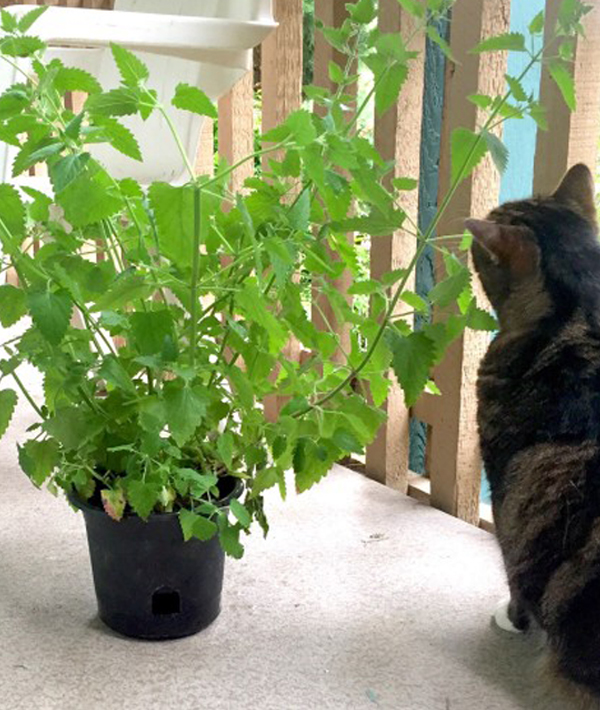
According to research, catnip is around ten times more effective at repelling mosquitoes than DEET (the chemical used in most commercial insect repellents). Grow it in your garden to create an unwelcome environment for the blood-suckers, or use catnip oil to make your own spray.
Salt
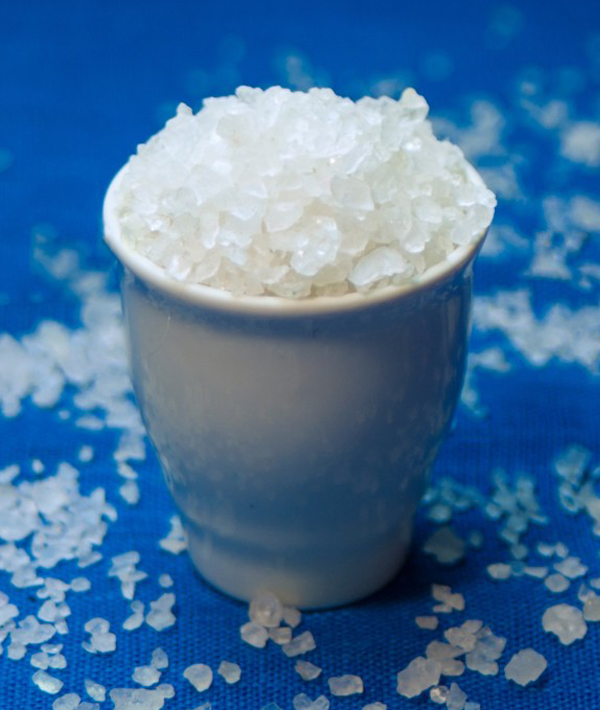
This explains why you never see fleas putting salt on their popcorn. The common table seasoning acts as a dehydrating agent and dries out the bodies of the the hopping menaces. Use refined household salt or sea salt and grind to a powder consistency. Sprinkle it lightly and evenly over your carpet, brush it in and leave it in for 12 to 48 hours. Vacuum thoroughly and repeat as necessary.
Cinnamon
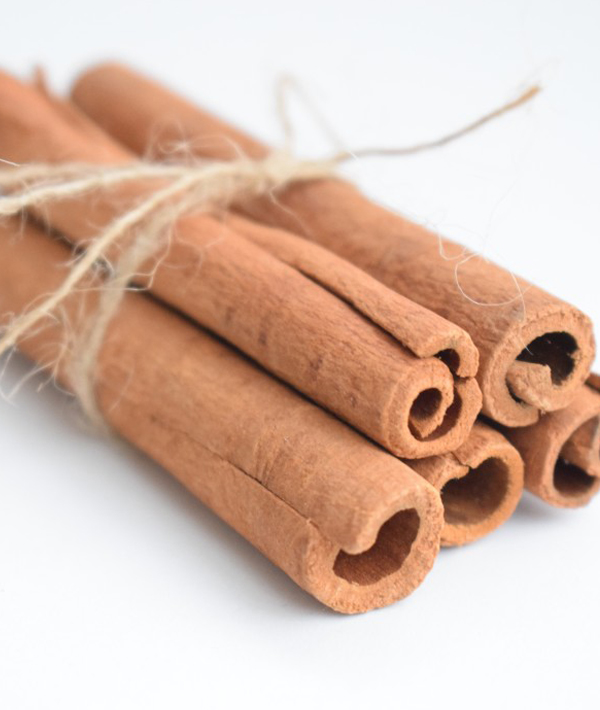
Cinnamon—specifically cinnamon bark oil—has been found to control dust mites. Mix a few drops into a solution of equal parts water and denatured alcohol and lightly spray on carpets, bedding, in corners, along baseboards and any other places where dust is collecting.
Dishwashing Liquid
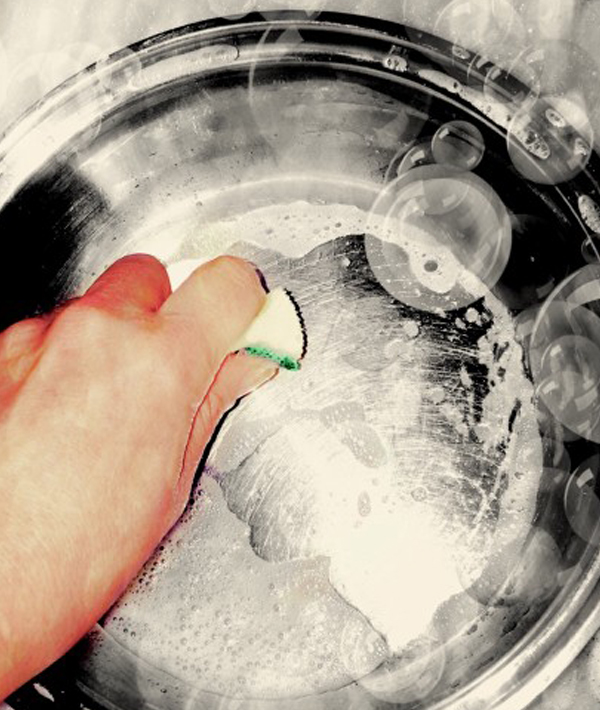
Anyone who's left some fruit to ripen a little too long on the counter knows what a nuisance fruit flies can be. This quick and easy method will trap the annoying creatures faster than you can say, "Don't throw away the bananas! I'm going to make banana bread." Pour a small amount of cider vinegar in the bottom of a small jar or bowl. Add a few drops of dish soap, cover the jar with plastic wrap and poke a few holes in the top.
Garlic
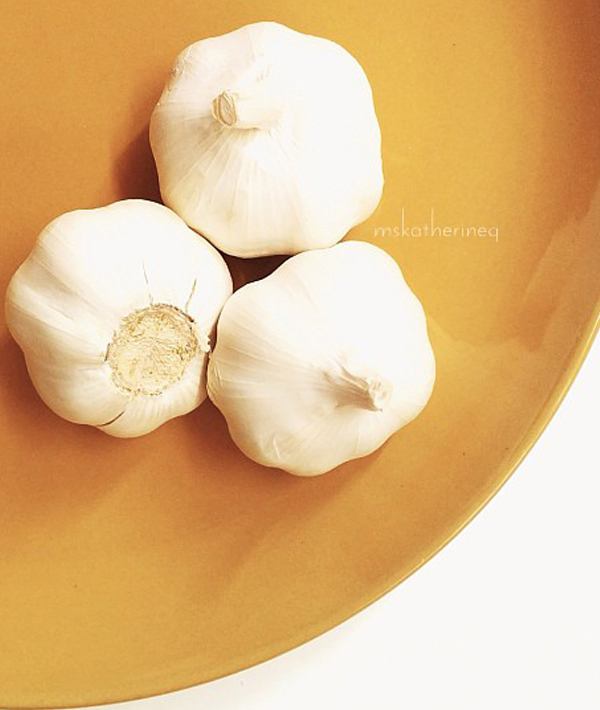
Apparently garlic breath is more offensive than we thought, at least to the bugs living in your garden. Make a quick, easy spray to deter a variety of intruders including Japanese beetles, weevils and spider mites. Pour boiling water over six cloves of crushed garlic in a bowl. Cover and let steep overnight. Strain it into a spray bottle and spray onto your plants, flowers, vegetables and herbs to make your garden smell like the best course at an Italian restaurant and the worst nightmare for invading pests.
Coffee

In case you ever have leftover coffee, put it in a spray bottle and use it to control red spider mites. Some suggest burning coffee grounds outdoors like you would a citronella candle to repel mosquitos: Put dry grounds in a tin can or aluminum foil and burn as you would incense. The upside: Your yard will always smell like the inside of a Starbucks.
Boric Acid
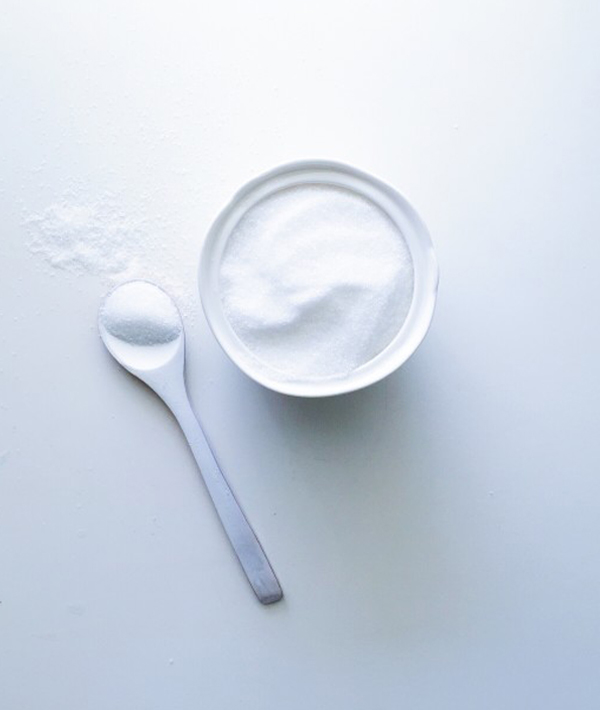
Cockroaches have met their match. Boric acid is a naturally occurring chemical compound that is found in soil, plants, rocks and water and is effective as a pest deterrent. Wearing protective gloves, mix 2 tablespoons of boric acid powder, 2 cups of sugar and 2 cups of water, and pour into a spray bottle. The sugar will attract the cockroaches and the boric acid will kill them. Don't be sad—they're cockroaches. (Warning: While a natural element, boric acid can be toxic, so read precautions here before handling.)




